
This content contains affiliate links. When you buy through these links, we may earn an affiliate commission.
Laura Sackton is a lifelong reader, writer, and lover of made up worlds. She lives in rural Massachusetts with her sweet pup, and together they are determined to find every good swimming hole within an hour’s drive. She runs a tiny cookie business out of her home kitchen, and spends the rest of her time reading and writing about queer books. You can hear all about her favorites in her newsletter, Books & Bakes.
View All posts by Laura Sackton
Laura Sackton is a lifelong reader, writer, and lover of made up worlds. She lives in rural Massachusetts with her sweet pup, and together they are determined to find every good swimming hole within an hour’s drive. She runs a tiny cookie business out of her home kitchen, and spends the rest of her time reading and writing about queer books. You can hear all about her favorites in her newsletter, Books & Bakes.
View All posts by Laura Sackton
Laura Sackton is a lifelong reader, writer, and lover of made up worlds. She lives in rural Massachusetts with her sweet pup, and together they are determined to find every good swimming hole within an hour’s drive. She runs a tiny cookie business out of her home kitchen, and spends the rest of her time reading and writing about queer books. You can hear all about her favorites in her newsletter, Books & Bakes.
View All posts by Laura Sackton
Laura Sackton is a lifelong reader, writer, and lover of made up worlds. She lives in rural Massachusetts with her sweet pup, and together they are determined to find every good swimming hole within an hour’s drive. She runs a tiny cookie business out of her home kitchen, and spends the rest of her time reading and writing about queer books. You can hear all about her favorites in her newsletter, Books & Bakes.
View All posts by Laura Sackton
Laura Sackton is a lifelong reader, writer, and lover of made up worlds. She lives in rural Massachusetts with her sweet pup, and together they are determined to find every good swimming hole within an hour’s drive. She runs a tiny cookie business out of her home kitchen, and spends the rest of her time reading and writing about queer books. You can hear all about her favorites in her newsletter, Books & Bakes.
View All posts by Laura Sackton
Laura Sackton is a lifelong reader, writer, and lover of made up worlds. She lives in rural Massachusetts with her sweet pup, and together they are determined to find every good swimming hole within an hour’s drive. She runs a tiny cookie business out of her home kitchen, and spends the rest of her time reading and writing about queer books. You can hear all about her favorites in her newsletter, Books & Bakes.
View All posts by Laura Sackton
Laura Sackton is a lifelong reader, writer, and lover of made up worlds. She lives in rural Massachusetts with her sweet pup, and together they are determined to find every good swimming hole within an hour’s drive. She runs a tiny cookie business out of her home kitchen, and spends the rest of her time reading and writing about queer books. You can hear all about her favorites in her newsletter, Books & Bakes.
View All posts by Laura Sackton
I read (and write) a lot of reviews, and while I sometimes do let them guide me toward or away from books, I find that reading reviews is most interesting, useful, and insightful not before I’ve read a book, but afterwards. In fact, I often turn to reviews soon after I finish a book. It’s one of my favorite reading rituals. I like to let my own thoughts and feelings about a book settle, and then I like to see what other folks are saying about it. Inevitably, reading these reviews, whether they’re positive, negative, or critical, deepens my understanding of the book I just read.
There are so many reasons why reviews are better after you’ve read the book. There’s the obvious fact that sometimes it’s hard to write a good review without spoilers. I personally do not care about spoilers. Ninety-eight percent of the time, knowing what happens does not decrease my enjoyment of a book, and often it increases my enjoyment. But I know lots of people do not feel this way, and so I try to avoid major spoilers when writing reviews. Of course, this means that sometimes I can’t write about the heart of a book, and it’s frustrating. So I’ve started writing more reviews with a different mindset: When I review a book, I’m responding to and reflecting on a piece of art. I’m not trying to convince anyone to read it (or not read it).
This brings me to the number one reason that I think it’s better for everyone when we all read reviews after we’ve read the books. Reviews are not objective. There is no such thing as an objective review. I don’t know why this is a thing that people think exists. It does not exist. You cannot write an objective review, and you shouldn’t! The point of reviewing isn’t to judge a work of art against some invisible, arbitrary standard. The point of reviewing is to engage with art. Critical reviews, pithy negative reviews, glowing reviews, thoughtful reviews, dishy reviews — it’s all part of the conversation. It’s all worthwhile, and it’s all important.
But here’s the thing: because reviews are never objective, they are actually not that good (on their own) at helping you decide whether or not to read a book. Here, I’ll give you an example. Earlier this year, I read Catherine Lacey’s Biography of X. I did not like it at all. I could see what Lacey was doing, and she did it very well, but I couldn’t make myself care about it. I did not want to be in the world she made. I’ve since read dozens of glowing reviews of it on Bookstagram. I do not disagree with any of them — they point out many of the things I admired in the novel. If I hadn’t already read it, I’d be tempted to, based on some of these reviews. You see the problem, right? None of these reviewers are lying! They’re writing about their experience of the book, which was the opposite of my experience. A glowing review does not mean a book is good. A scathing review does not mean a book is bad. A review is response to a piece of art. Unless you know the reviewer well, and know that you have similar taste, it’s impossible to tell from a review whether you’ll have the same response or not.
I’ve quite enjoyed reading reviews of Biography of X. Some of them have made me think about it in different ways. Some of them have reminded me exactly why I hated it, and I feel validated. I read a book, I didn’t like it, and now I’m interested in the conversation people are having about it. The conversation is the main event. I can learn from and enjoy the conversation even though I didn’t like the book. And this goes for pretty much all books — books I’ve loved, books I’ve felt indifferent to, books I’ve hated.
Book Deals Newsletter
Sign up for our Book Deals newsletter and get up to 80% off books you actually want to read.
Thank you for signing up! Keep an eye on your inbox.
By signing up you agree to our terms of use
One of my favorite books from last year was All This Could Be Different by Sarah Thankam Mathews. I’ve read many reviews since reading it — some that reflect my feelings about it, some negative reviews that I do not agree with at all, and some thoughtful critical reviews that point out aspects of the novel I didn’t pick up on when I read it. I’ve enjoyed reading all of these reviews. I still love the book, and getting to participate in a conversation about it has only made me love it more — more complexly, with more nuance.
My experience of so many books has been infinitely enhanced by reading reviews — of all kinds — after the fact. I can think of a handful from this year alone: The Late Americans by Brandon Taylor (didn’t like it), Bad Cree by Jessica Johns (loved it), Homebodies by Tembe Denton-Hurst (liked it a lot), The Skin and Its Girl by Sarah Cyper (intensely mixed feelings). I could do this all day, but you get the idea. Reviews are not recommendations (or anti-recommendations) so let’s stop treating them that way. Let’s take the pressure off and stop expecting to love or hate a book because of what someone else says about it. Let’s start treating reviews like what they are: a beautiful and complicated conversation.





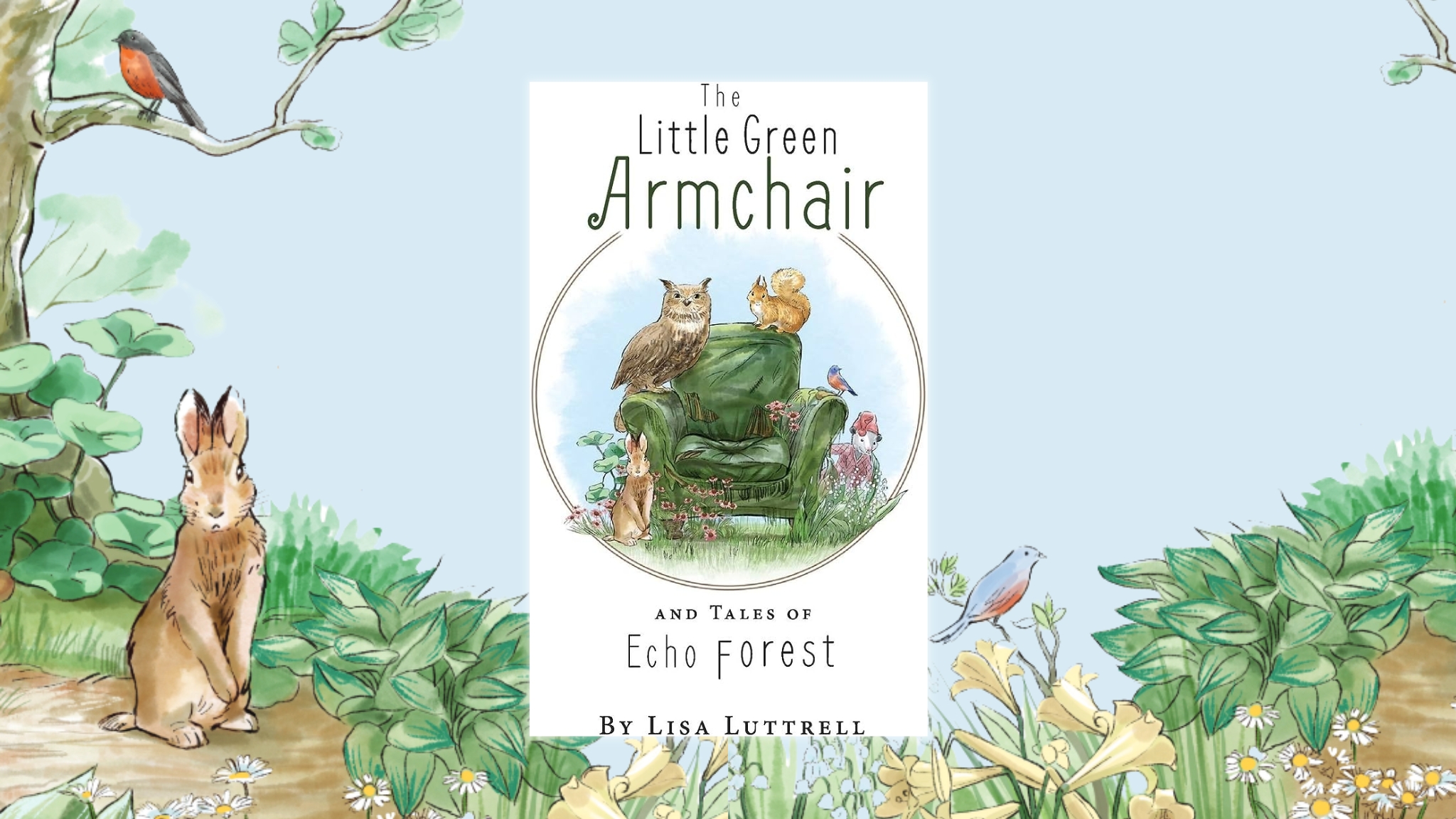

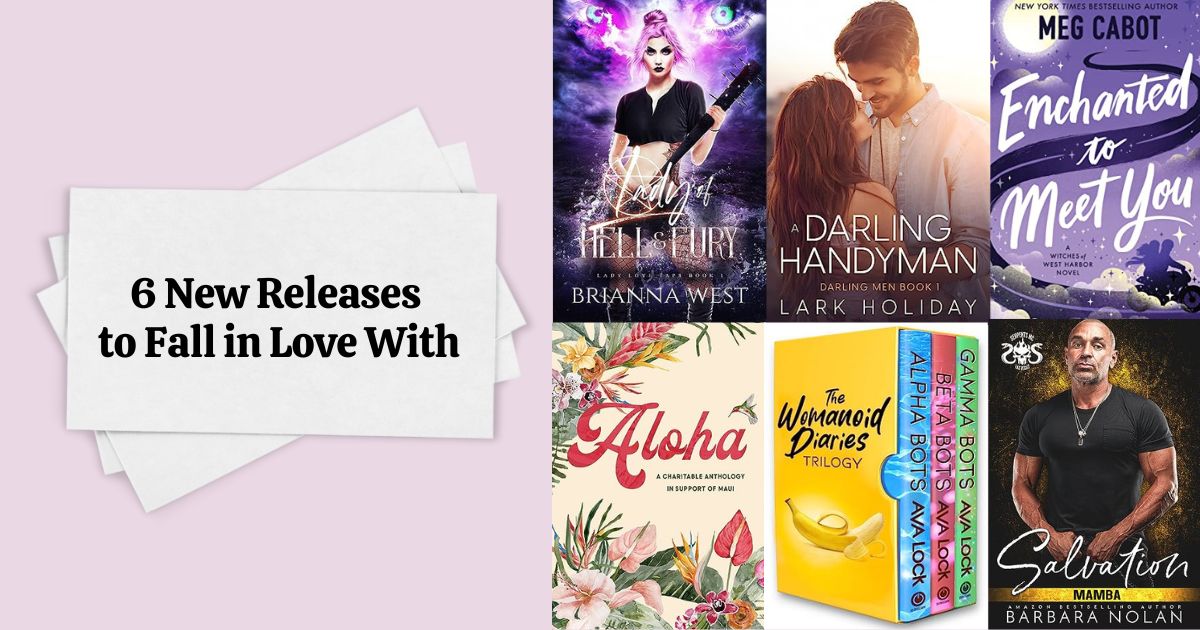
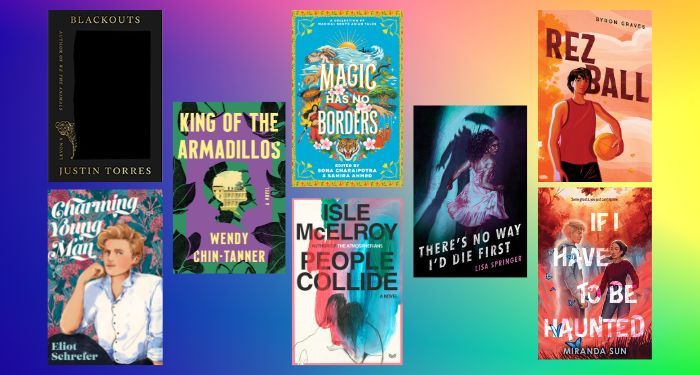









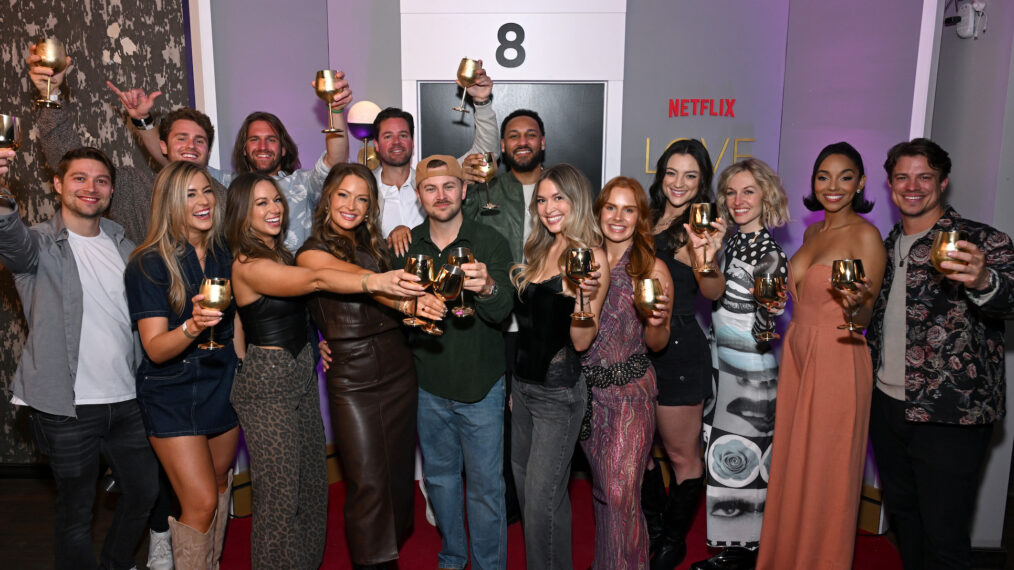






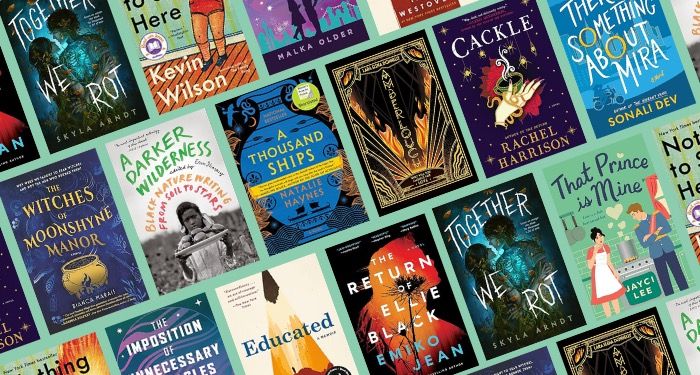
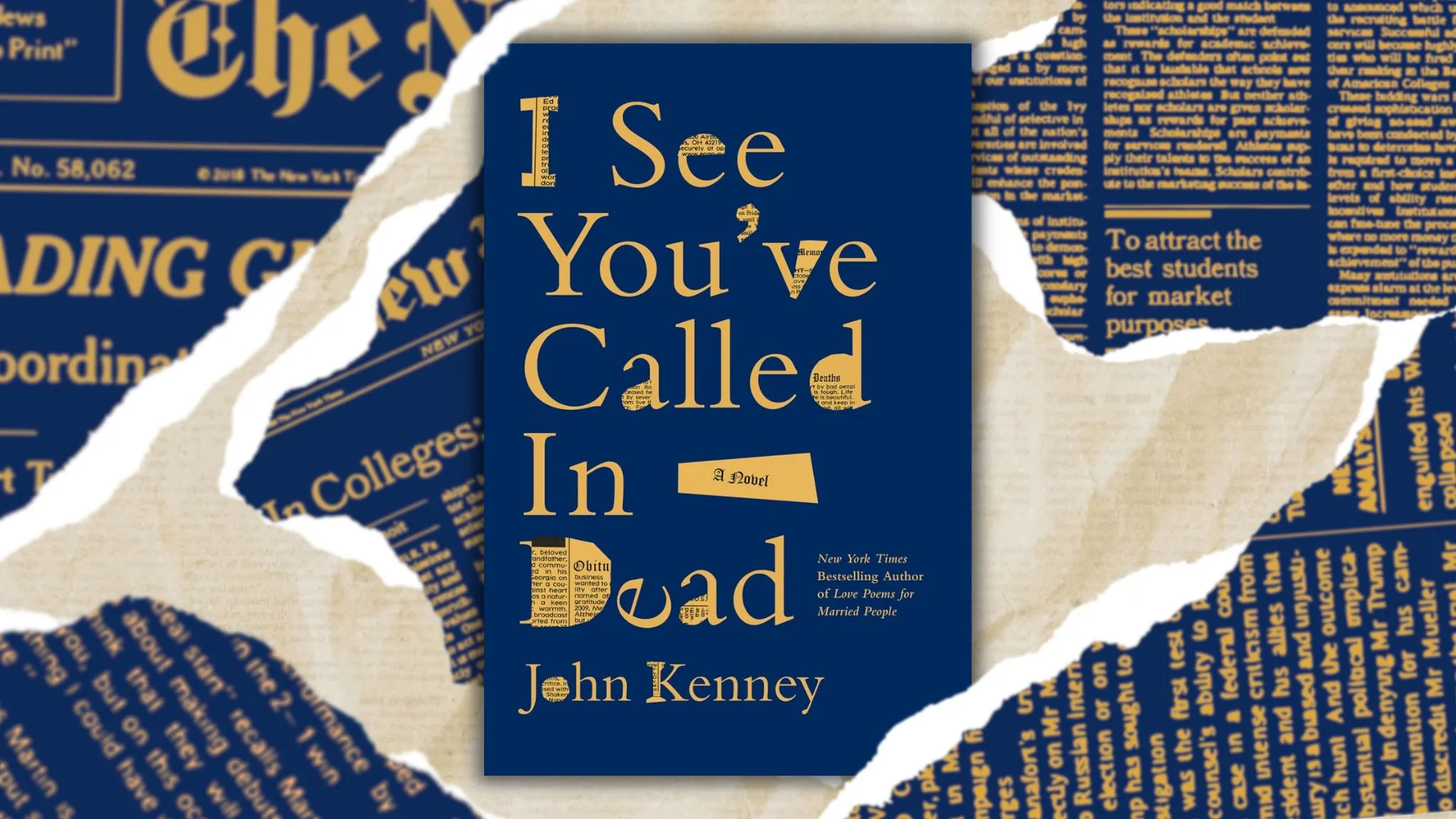
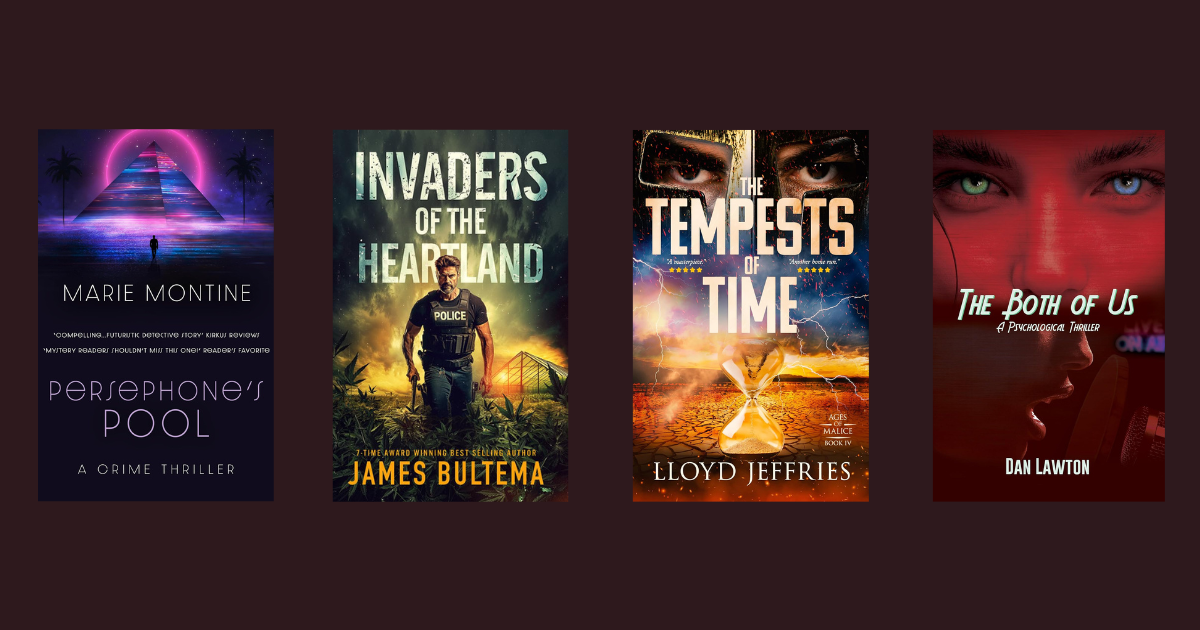
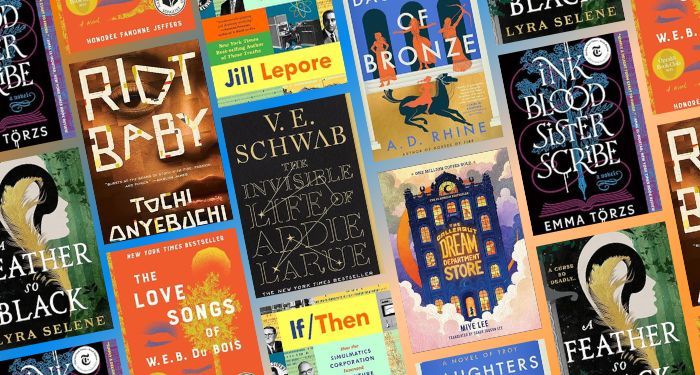
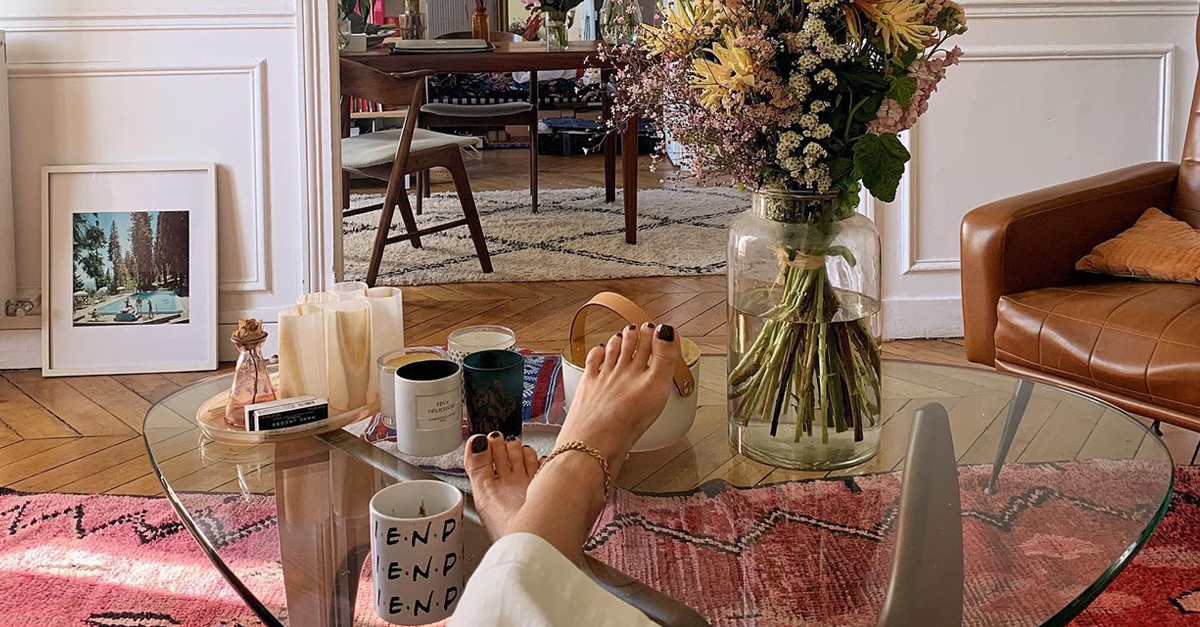
:quality(85):upscale()/2025/05/06/835/n/1922564/8e601b95681a5cf04194c6.14070357_.png)

:quality(85):upscale()/2025/05/05/100/n/1922564/33582ae7681964cb0d40c8.72464171_.png)
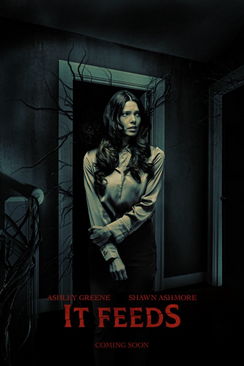


![ABYSMAL RITES – “Restoring The Primordial Order” [Heavy Sludge] ABYSMAL RITES – “Restoring The Primordial Order” [Heavy Sludge]](https://horrornews.net/wp-content/uploads/2025/04/WHD581-600x330.jpg)